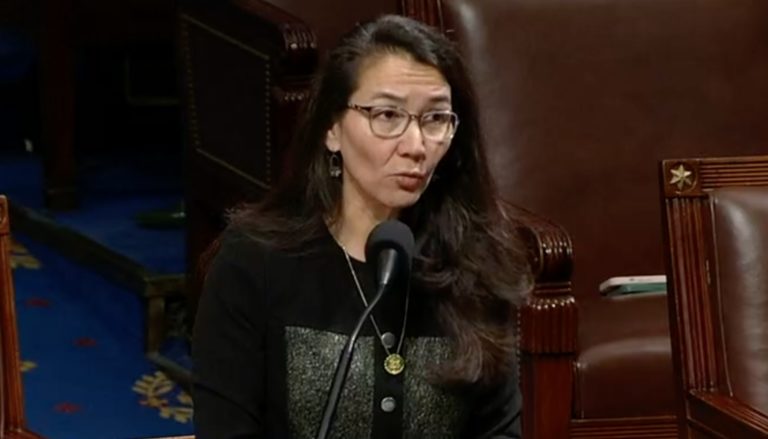Real gross domestic product increased in 46 states and the District of Columbia in the fourth quarter of 2022, with the percent change in real GDP ranging from 7.0% in Texas to –4.3% in South Dakota, according to statistics released Friday by the U.S. Bureau of Economic Analysis.
Gross domestic product is a calculation of the total market value of all the finished goods and services produced within a jurisdiction’s borders. The United States has the highest GDP in the world, at $20.89 trillion, followed by China at $14.72 trillion, and Japan at $4.9 trillion. Russia is far down the World Bank’s GDP list, coming in 11th at $1.7 trillion.
Alaska’s GDP increased by 4.1% in the fourth quarter, among the higher range of all 50 states for the quarter. But annually in 2022, Alaska saw a real GDP decrease of -2.4%, the lowest in the nation. Across the nation, the annual rate was 2.1% growth.

Real GDP increased in 15 of the 23 industry groups for which the agency prepares preliminary annual state estimates. Professional, scientific, and technical services; information; and real estate and rental and leasing were the leading contributors to the increase in real GDP nationally.
- Professional, scientific, and technical services increased in 49 states and the District of Columbia. This industry was the leading contributor to the increase in 13 states and the District of Columbia, including Colorado and New York the states with the seventh and eighth-largest increases.
- The information industry increased in 47 states and the District of Columbia. This industry was the leading contributor to the increase in eight states including Texas, the state with the fifth-largest increase.
- The real estate and rental and leasing industry increased in 43 states and the District of Columbia. This industry was the leading contributor to the increase in six states including Idaho and Florida, the states with the first and third-largest increases.
- The mining industry decreased in 28 states. This industry was the leading contributor to the decreases in Alaska, North Dakota, Oklahoma, and Wyoming, the states with the first, fourth, fifth, and sixth-largest decreases, according to the Bureau of Economic Analysis report released on Friday.

Personal income, in current dollars, increased in 48 states and the District of Columbia in the fourth quarter of 2022, with the percent change ranging from 15.3% in Massachusetts to –2.5% in Colorado. Alaska’s personal income grew 6.1%. For the entire year, current-dollar personal income increased in 49 states and the District of Columbia.









